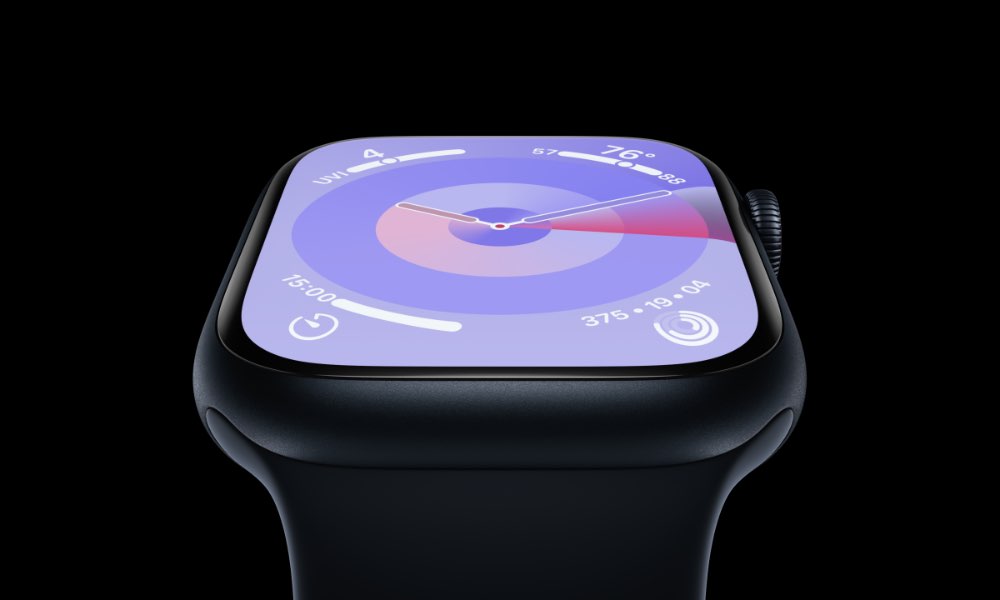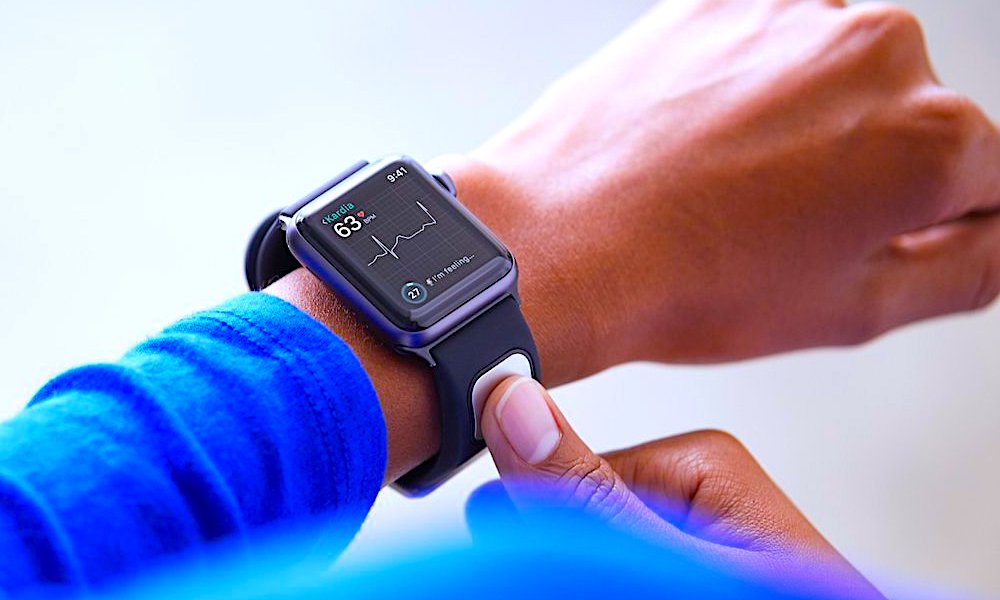The ITC Wants the Apple Watch Ban Reinstated Immediately

Toggle Dark Mode
The future of the Apple Watch Series 9 and Apple Watch Ultra 2 remains murky — at least in the US — as the courts continue to sift through multiple cases between Apple and health technology companies that hold some patents on the technology used in the Apple Watch.
Specifically, Apple has been fighting patent battles on two fronts, with KardiaBand maker AliveCor accusing the company of infringing on its ECG technology and Masimo filing suit on the pulse oximetry technology that powers the Apple Watch blood oxygen sensor.
While AliveCor’s case is still ongoing, the Masimo patent litigation came to a head in October when the US International Trade Commission (ITC) ruled that most Apple Watch models did indeed infringe on two of Masimo’s patents. As a result, the ITC issued a limited exclusion order (LEO) and a cease and desist order (CDO) that would prevent Apple from importing or selling the infringing Apple Watch models in the United States. Only the Apple Watch SE was excluded since it doesn’t include the infringing technology.
Following a mandatory 60-day Presidential review period, the two ITC orders came into effect on Christmas Day, resulting in the Apple Watch Series 9 and Apple Watch Ultra 2 being pulled from sale, along with the refurbished stock of the Apple Watch Series 8. Apple quickly appealed the decision, asking the United States Court of Appeals for the Federal Circuit to not only rule on the ITC case but also to issue a stay on the ITC orders until that appeal could be heard.
The appellate court granted Apple a temporary pause the very next day, allowing the Apple Watch to go back on sale. However, it wasn’t clear how long that would be the case, as the court made it clear that the interim stay was only in effect until it gave the ITC a chance to respond, after which it would decide on whether to issue a permanent stay pending the outcome of Apple’s appeal.
Unsurprisingly, the ITC has filed its official opposition to the US appeals court’s decision, making it abundantly clear that it believes the ban should remain in effect and calling out Apple’s case as “weak and unconvincing.”
Apple presents a weak and unconvincing case to invoke the extraordinary remedy of a stay pending appeal under the Standard Havens factors. Its arguments amount to little more than an indisputably adjudicated infringer requesting permission to continue infringing the asserted patents. ITC nonconfidential response in opposition to Apple’s motion for a stay pending appeal
In opposing the motion, the ITC cites many of the same arguments it made when it shot down Apple’s request for a delay in December, specifically that none of what Apple presented as “admittedly difficult legal questions” are actually “admittedly difficult” and that Apple has not made a convincing argument that its case is “likely to succeed on its merits” or that it will suffer the “irreparable harm” that it claims due to loss of reputation and goodwill from no longer being able to sell the Apple Watch in the United States.
Chiefly, Apple fails to demonstrate the two most important factors in granting a stay — likelihood of success on the merits and irreparable harm. ITC nonconfidential response in opposition to Apple’s motion for a stay pending appeal
While the US Court of Appeals has granted a temporary stay, it’s not obligated to follow through on that if it finds the ITC’s opposing arguments convincing. However, the court is also allowing until January 15 for motions in support of an interim stay, during which Apple will very likely submit its own arguments against the ITC response.
At some point after that, the appellate court will issue its final ruling, which could find the Apple Watch pulled from shelves by the end of next week. However, even if Apple prevails in getting a longer-term stay, it will still have to convince the courts that it didn’t infringe on Masimo’s patents while facing another appeal on a similar case that AliveCor already won in early 2023.
AliveCor and the Apple Watch ECG

In February 2023, the ITC decided in AliveCor’s favor, ruling that the Apple Watch ECG feature did indeed infringe on AliveCor’s patents. It issued a limited exclusion order similar to the one in the Masimo case that would have seen the Apple Watch banned from sale in the US by the end of February.
The only thing that saved the Apple Watch then was that Apple managed to convince the US Commerce Department’s Patent Trial and Appeal Board (PTAB) that the relevant AliveCor patents were invalid and therefore unenforceable.
Both Apple and AliveCor appealed those respective decisions, Apple on the ITC ban order and AliveCor on the PTAB decision. At the same time, Apple filed a patent infringement lawsuit against AliveCor, alleging that AliveCor’s KardiaBand actually violated two of Apple’s patents.
While courts won’t hear the ITC and PTAB appeals until later this year, AliveCor told iDrop News today that it’s getting traction in its defense against Apple’s patent infringement claims with an Inter Partes Review (IPR) by the PTAB that could see Apple’s patents similarly declared invalid.
AliveCor applauds the U.S. Patent Trial and Appeal Board (PTAB) decisions to institute Inter Partes Review (IPR) of two patents Apple meritlessly asserted against AliveCor. These institution decisions closely follow last week’s decision by the Court in the Northern District of California to stay the underlying district court case while the PTAB analyzes the validity of Apple’s patents. AliveCor statement
The company also adds that the appeal of its 2021 antitrust case against Apple is also proceeding, with a trial date expected later this year.
Separately, our antitrust case against Apple is proceeding in the U.S. District Court, Northern District of California, where the judge will decide several pending motions before setting a trial date for later this year. Our cases are among many recent developments revealing the extent of Apple’s bullying.AliveCor statement
Although Masimo was allegedly working on pulse oximetry technology for years, AliveCor had a tangible product on the market; nearly a year before Apple added ECG capabilities to the Apple Watch Series 4, AliveCor’s KardiaBand became the first Apple Watch accessory to be cleared by the FDA to take ECG readings.
AliveCor claimed that Apple not only poached this idea but infringed on its patents in doing so, and made deliberate changes in watchOS as “behind-the-scenes acts of sabotage” to break KardiaBand’s SmartRhythm app.







